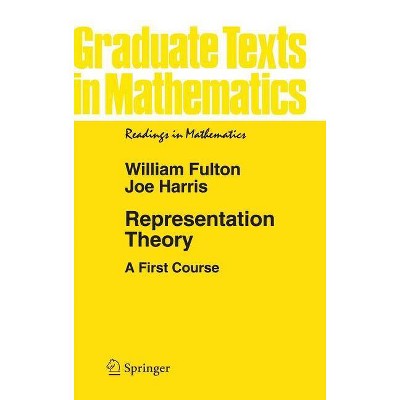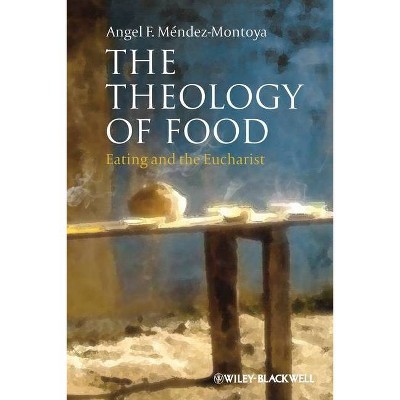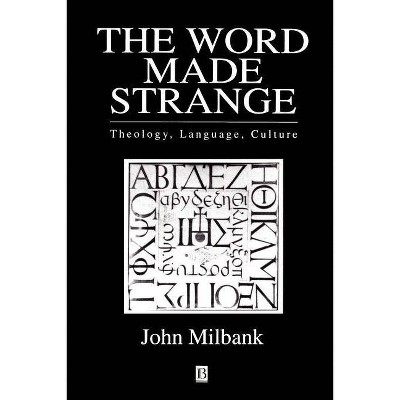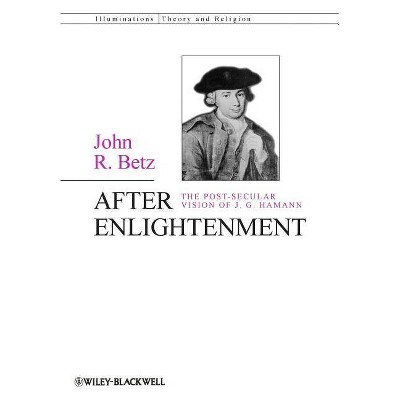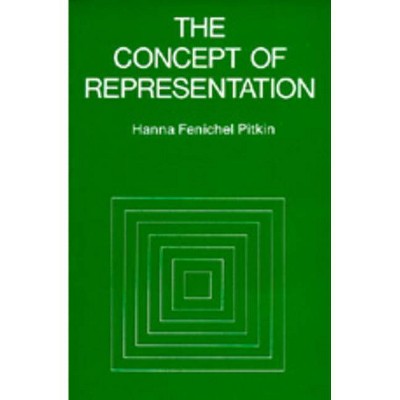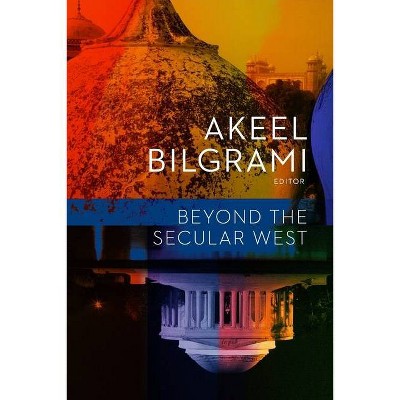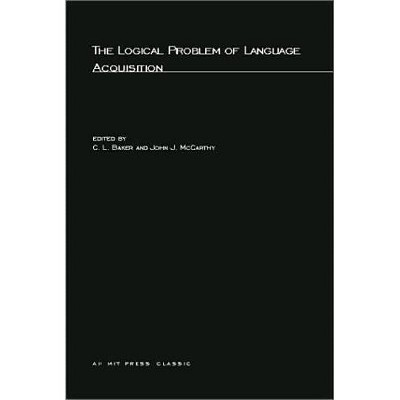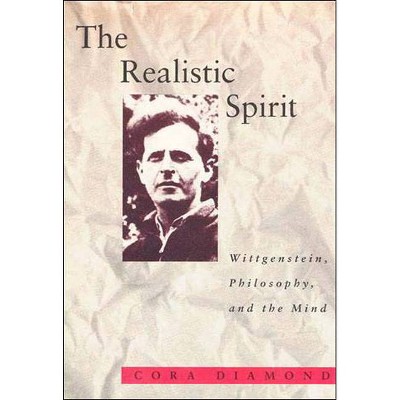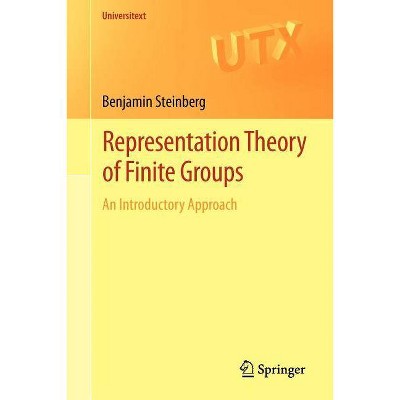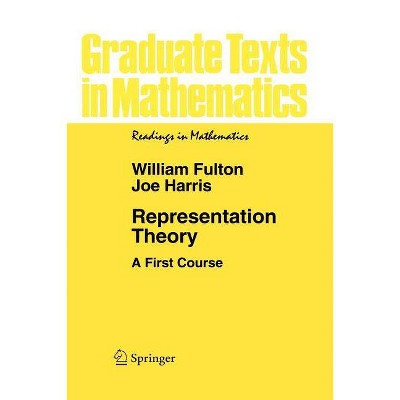Beyond Secular Order - The Representation of Beingand the Representation of the People - (Illuminations: Theory & Religion) by John Milbank
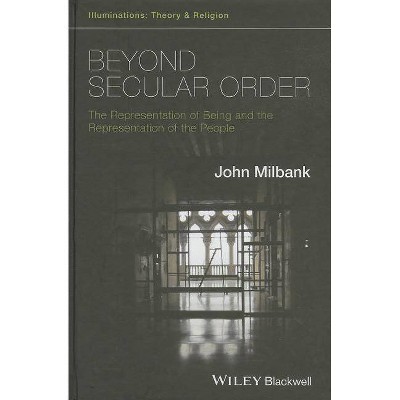
Similar Products
Products of same category from the store
AllProduct info
<p/><br></br><p><b> Book Synopsis </b></p></br></br><p><i>Beyond Secular Order</i> is the first of a two-volume work that expands upon renowned theologian John Milbank's innovative attempt to understand both theology and modern thought begun in his previously published classic text <i>Theology and Social Theory</i>. </p> <ul> <li>Continues Milbank's innovative attempt to understand both theology and modern thought begun in <i>Theology and Social Theory</i> - considered a classic work in the development of systematic theology</li> <li>Authored by one of the world's most influential and highly regarded contemporary theologians</li> <li>Draws on a sweep of ideas and thinkers to argue that modern secularism is a form of Christian heresy that developed from the Middle Ages and can only be overcome by a renewed account of Christendom</li> <li>Shows how this heresy can be transformed into a richer blend of religion, modernity and politics</li> <li>Reveals how there is a fundamental homology between modern ideas about ontology and knowledge and modern ideas about political action, expressed in both theory and practice</li> </ul><p/><br></br><p><b> From the Back Cover </b></p></br></br><p>In his renowned work <i>Theology and Social Theory, </i>the now famous contemporary theologian John Milbank claimed that there was in fact no purely secular reality. In <i>Beyond Secular Order </i>he extends this claim from the field of social theory to encompass those of philosophy, political theory and political practice. Arguing that a common set of assumptions underpins both modern belief and action, he traces these theories to mutations in medieval thought, especially associated with Franciscan and then Nominalist theology. By doing so, he demonstrates that modern thinking and performance are based upon a buried set of particular theological perspectives and that even the claim to a space of philosophical and secular autonomy paradoxically depends upon them. Revisiting these connections and critiquing our assumptions begins to hold out the genuine possibility of restoring a prevailing Christian world-view and a Christian global order.</p> <p>Provocative, original, and brilliantly intellectual, <i>Beyond Secular Order</i> shakes the very foundations of how we understand religious and secular thought today.</p><p/><br></br><p><b> Review Quotes </b></p></br></br><br><p>"Readers familiar with Milbank's work will appreciate his focused prose while extensive footnotes referencing his previous work provide background information for others." (<i>Religious Studies Review</i>, 7 December 2015)</p> <p>"...Interesting, creative, suggestive, and beguiling... [Milbank] is fearless in his cross-examination of modern secularist assumptions about the autonomy of philosophy and its much-heralded liberation from theology's apron strings." (<i>Church Times</i>, 24 August 2015)</p> "Such a vision is partial and imperfect, but it's a signpost that, as we continue to watch modern metaphysics and politics develop, will be an important critical and constructive dialogue partner for a long time to come." (<i>Mockingbird</i>, 14 February 2014)<br /><br />Here, in Beyond Secular Order, he offers a more concise systematic analysis focusing on the ontological and political dimensions of modernity. He lays bare the deep connections between metaphysical assumptions, on the one hand, and political and social implications, on the other. (SOPHIA 2015)<br /> <p> </p><br><p/><br></br><p><b> About the Author </b></p></br></br><p><b>John Milbank</b> is Professor of Religion, Politics and Ethics at the University of Nottingham, where he also directs the Centre of Theology and Philosophy. Considered one of the leading contemporary theologians, Milbank first gained international recognition with <i>Theology and Social Theory</i> (1990), which laid the theoretical foundations for the movement which later became known as Radical Orthodoxy. In recent years he has collaborated on three books with Creston Davis and the controversial philosopher Slavoj ?i?ek: <i>Theology and the Political: The New Debate</i> (2005), <i>The Monstrosity of Christ: Paradox or Dialectic</i> (2009), and <i>Paul's New Moment: Continental Philosophy and the Future of Christian Theology</i> (2010).</p>
Price History
Price Archive shows prices from various stores, lets you see history and find the cheapest. There is no actual sale on the website. For all support, inquiry and suggestion messagescommunication@pricearchive.us
